How Boys’ Love feeds Japan’s sexual repression
Ryo Sumiyoshi’s MADK - 2017
How does a genre that solely revolves around gay relationships hinder the development of Japan's sexually progressive mindset?
The Boys' Love genre, also known as BL or Yaoi, emerged in the 1970s, stemming from a lack of manga catered to a female audience. While female characters were certainly present in manga during the time, they frequently assumed submissive roles or were subjected to sexist portrayals. The call for a more progressive representation of complex female protagonists got answered by several female authors such as Riyoko Ikeda with “The Rose of Versailles”.
Unfortunately, even with strong female protagonists growing in popularity, eradicating gender stereotypes proved to be a challenging task, as the majority of manga kept placing women in a submissive background role. It is during this critical point that Boys’ Love began to take shape. Rather than attempting to challenge rusted stereotypes, female authors embraced the concept of relationships between two male characters. This allowed them to bypass the notion of submission while still giving readers the opportunity to immerse themselves.
The female audience finally found a genre that resonated with them, without feeling marginalized. A new genre was born, “Shounen-ai”, created by women for women. It didn’t take long before the physical side of relationships started to dominate the genre, resulting in the new niche “Boy’s Love”. Due to its rapidly growing popularity, it caught the attention of Japanese publishers, boosting Boys' Love into the mainstream market during the 80s. I hear you think. If one thing, this seems like a massive step towards a progressive mindset, instead of a step leading to sexual repression and conservatism. Let’s explore.

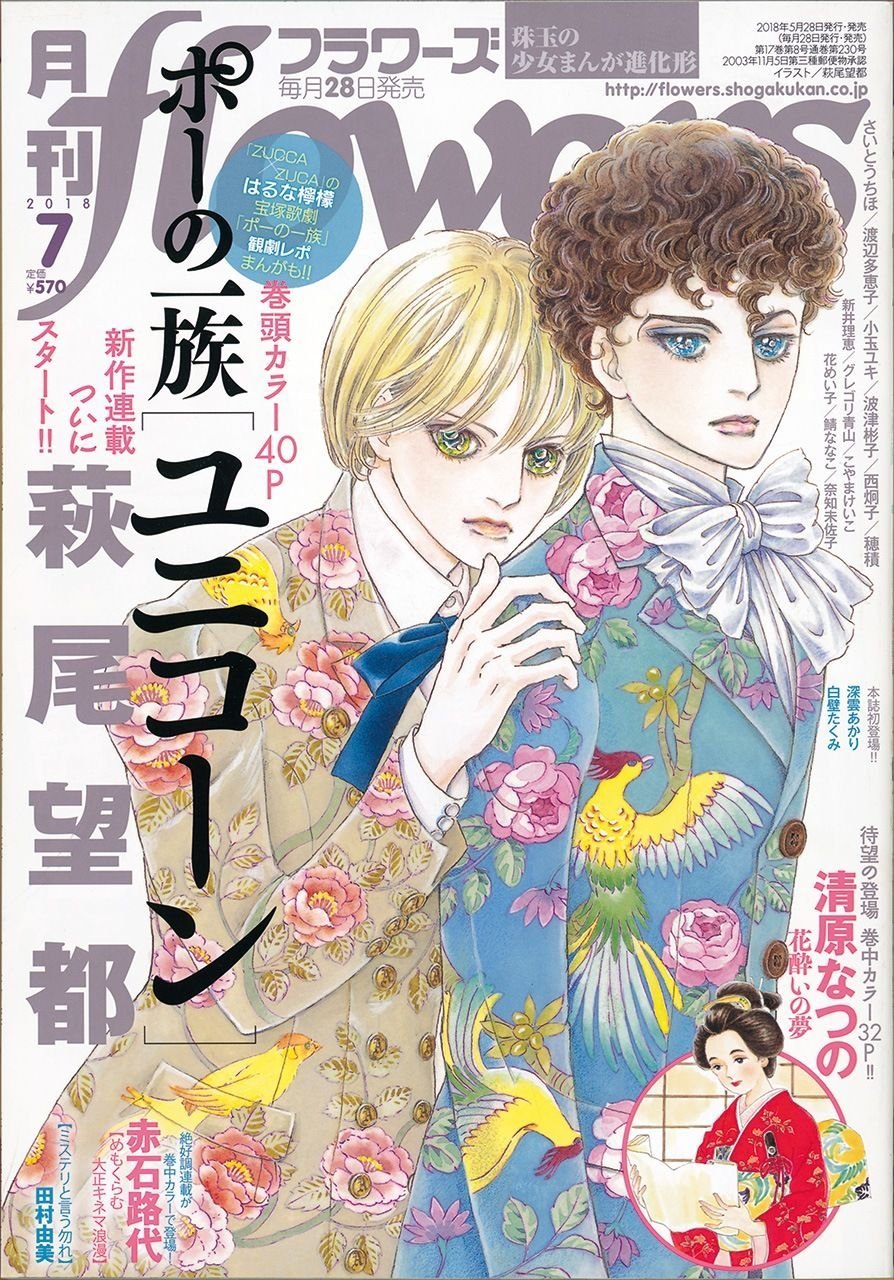

Where Boy’s Love takes an odd turn
In Japan you will solely encounter women in the Mandarake BL section, where in Europe BL is embraced as a widely accepted source of entertainment within gay and queer communities, thereby reaching a more diverse audience beyond women alone.
The contrast between European and Japanese society plays a big part in this. European cultures celebrate the concept of public self-expression and embracing one's true identity, with LGBTQA+ communities gaining ground every year, particularly in Western Europe. In Japan, however, the collectivist mentality prevails, and the idea of self-expression is regarded as a private affair that is not displayed in public settings. These times are slowly changing, and new Japanese generations are making themselves heard in the name of self-expression. Yet in a strange way Boy’s Love, as a genre that revolves around homoerotic topics, hinders the progression of a more sexually open-minded Japan.
Harada’s Yatamomo - 2013
That hinderance is called sexual assault. BL is filled with stories that normalize sexual assault or non-consensual sex. Sometimes hiding in a character ignoring a subtle ‘no’, sometimes portrayed as straight up rape. In a sexually restrained society like Japan, where the acceptance of homosexuality is limited, and young individuals navigate through a complex maze of confusing emotions, BL can cause more harm than good.
While yes, BL offers a medium this group can resonate with, yet these young ones have little to no mainstream media available that depicts homosexuality as being healthy and normal. BL, a genre filled with situations of non-consent, is a major reference of a so-called healthy gay relationship for many kids and adults exploring their sexual preference in Japan.
Matsumoto Inaki’s Kyokan Hunter - 2009
Yamane Ayano’s Finder - 2002
Let’s not minimize the massive progressive steps BL has taken since its popularization in the mid 80s. During the first phase of the genre, it mainly depicted a straight man who enjoyed sexual acts with another straight man, without acknowledging the fact they were gay. Nearing the late 90s, early 00s, the mindset of BL authors shifted and they started depicting men who were exploring their sexuality and discovering the fact that they are gay through sexual acts with other men.
This marks a significant milestone in the positioning of BL within Japanese society. The genre is taking strides towards being a beacon of progression, but it hasn’t reached that point just yet. In Western Europe, open conversations about various aspects of LGBTQA+ topics have become normalized, establishing an environment that allows more people to explore their sexuality in their own way while absorbing a variety of media. Although there are still significant steps to be taken, the foundation to facilitate these conversations has been built.
Shou Harusono’s Sasaki & Miyano anime adaptation - aired in 2022
Yamato nase’s Saa Koi ni Ochitamae - 2003
Unlike Europe, Japan has not created an environment for open conversation, and the country has significant ground to cover in order to lay this foundation. The abundance of sexual assault or non-consensual acts in a majority of BL manga hinders Japan's sexual progress. It provides an unstable foundation for youngsters exploring their own sexuality. Simultaneously, the limited exposure the general public has to these concealed subjects often revolves around sexual assault and non-consensual acts, further alienating the idea of homosexuality being a regular part of daily life in Japan.
Kitazawa Kyou’s Houkago No Love Call - 2009
The way to progression
It may be time for Japan to draw inspiration from their more sexual progressive Asian counterparts. Japan, Korea and China are still subject to erotic censorship and regulation. Thailand on the other hand made big steps forward during recent years in terms of normalizing homosexuality, thanks to BL drama series like “Love By Chance”, and “Together With Me”. While Japan has produced various domestic BL dramas, they haven’t reached the mainstream appeal of their Thai counterparts.
Taking a more critical approach to the inclusion of extreme and subtle depictions of sexual assault in content tailored to an audience that has little to no real-life reference, might be the first step in BL’s way to progression. While explicit warnings about such content are incorporated in various BL manga, their effectiveness can be questioned when the society in which you are raised fails to treat these issues with the seriousness they deserve.
Billy Balibally’s “FANGS” - 2020
There is a lot of BL content out there that does avoid these topics. Yet even the most subtle references can find their way into manga panels, influencing vulnerable readers.
As creators, whether it's an article or a manga panel, we bear the responsibility of considering the potential consequences of our work. Naturally one doesn’t have to restrict her- or himself in creating thought provoking and extreme content. However, when certain groups within society face evident repression, it’s up to the creators of influencing content to step up and contemplate about the ramifications of their work. In an ideal scenario, BL would portray a healthy, loving, compassionate and above all consensual idea of homosexuality, without needing to sacrifice its more extreme sexual aspects. That way everyone can enjoy Boys’ Love, with consent.
Yuu Minaduki’s Sayonara Game”- 2021








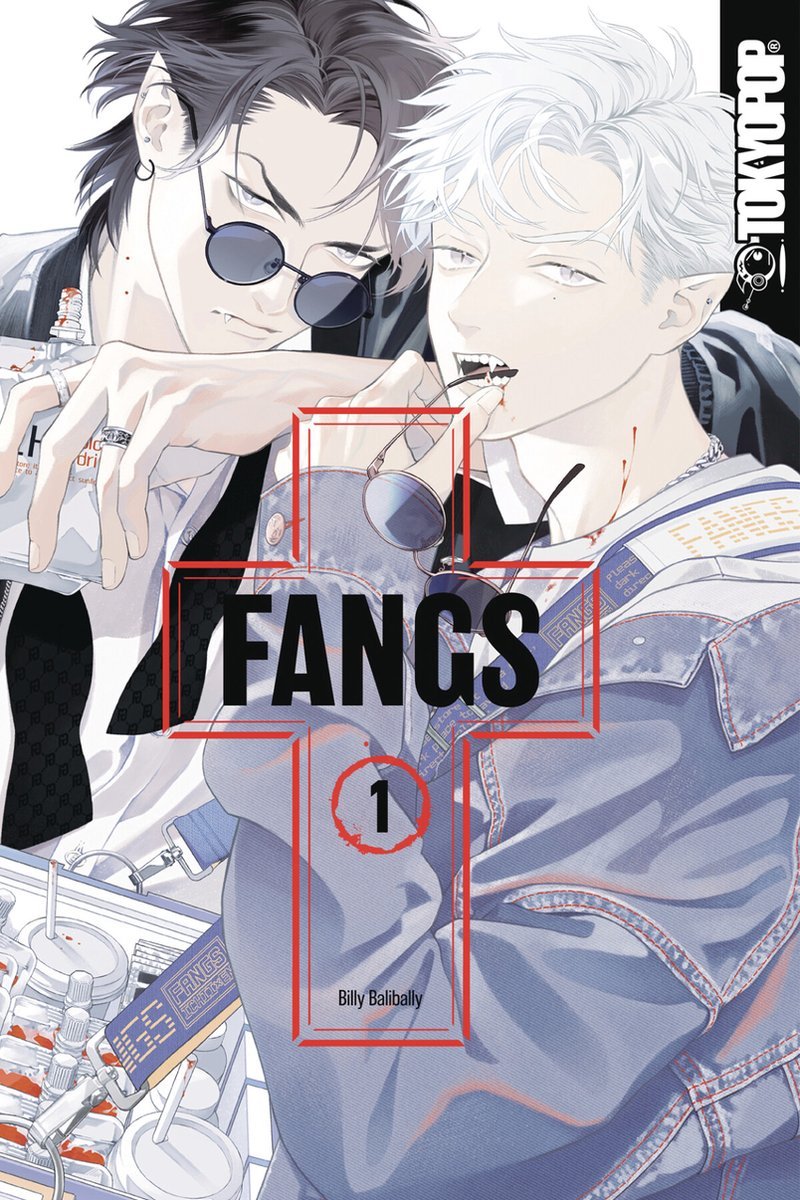

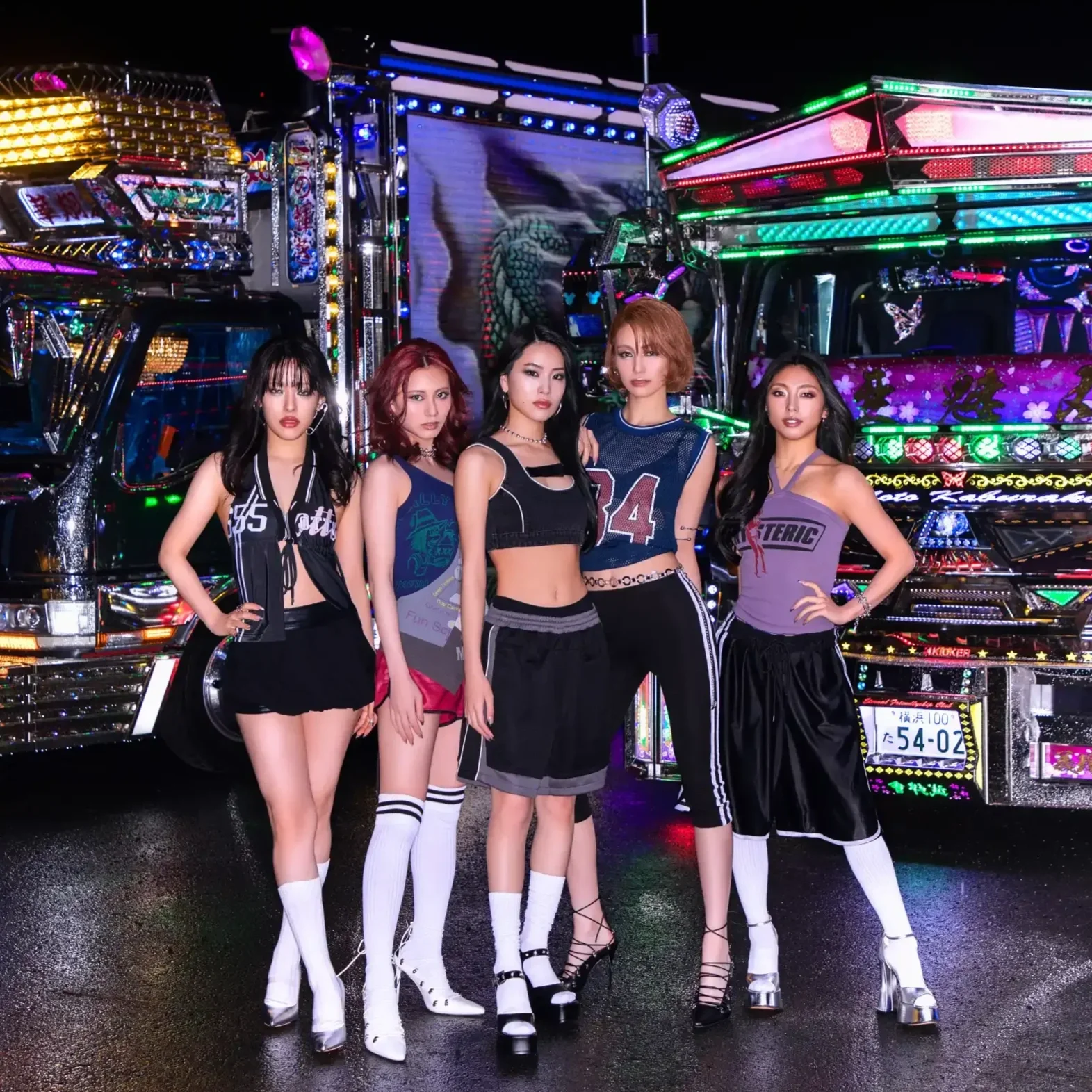


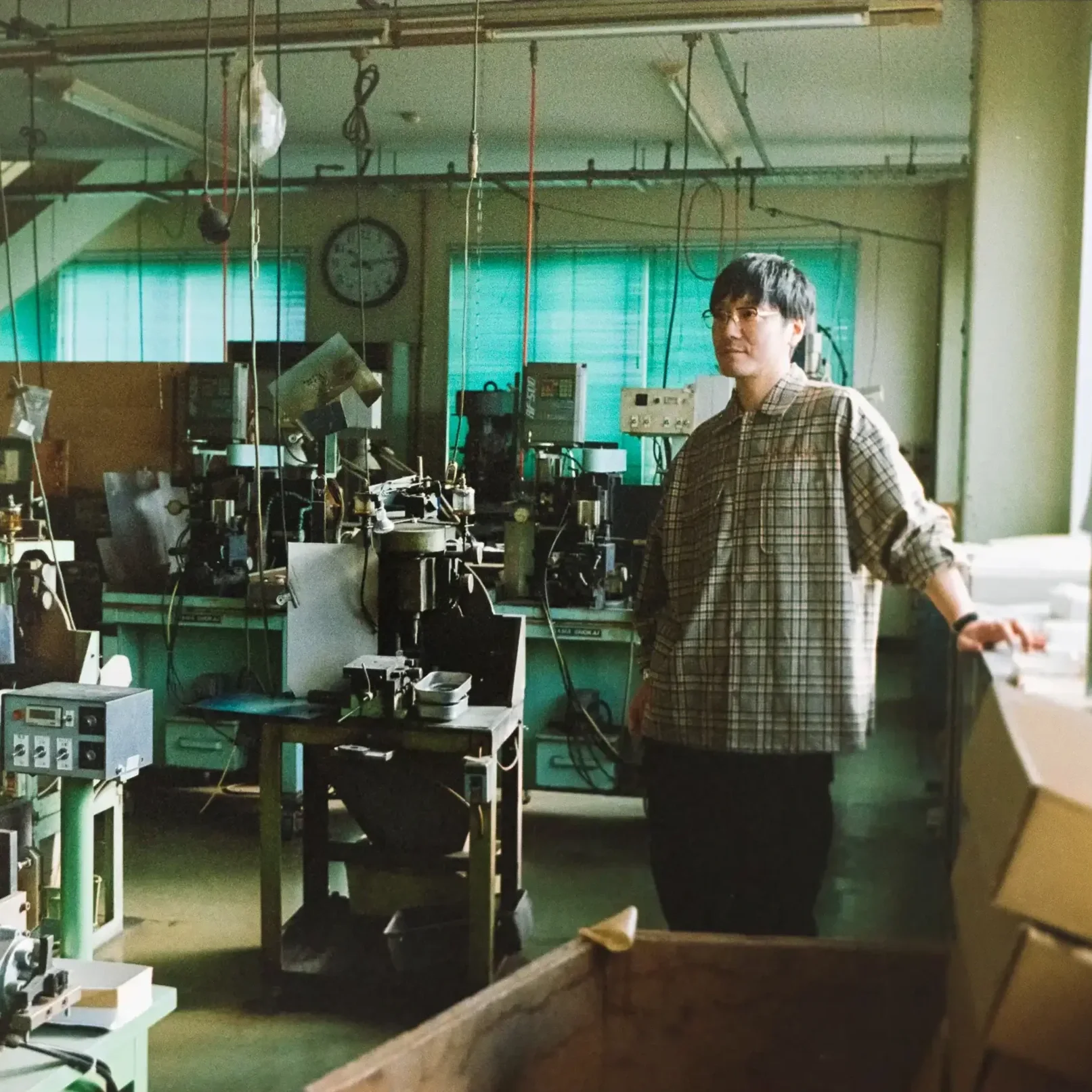
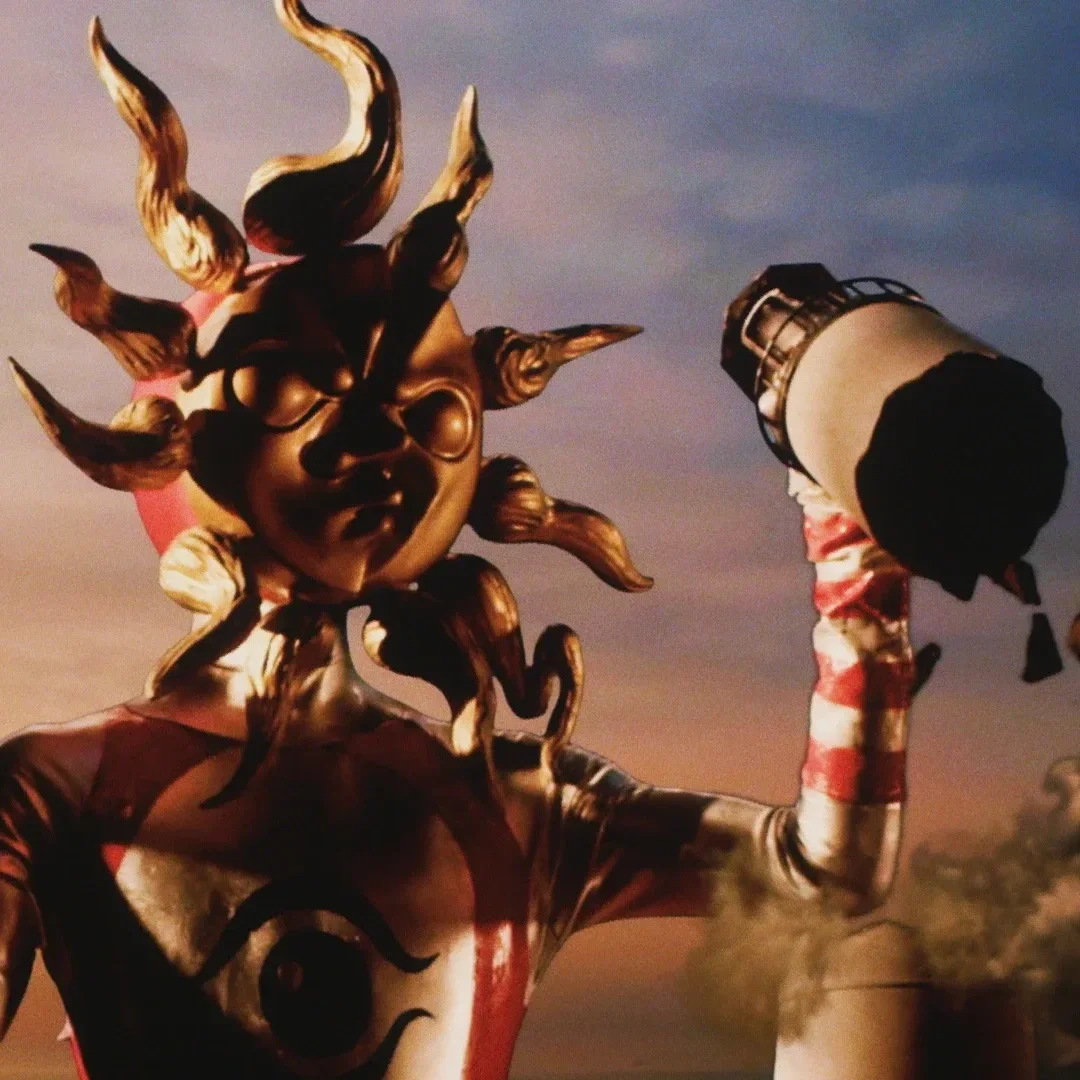
Before Harajuku, Shoichi Aoki archived the world’s fashion.